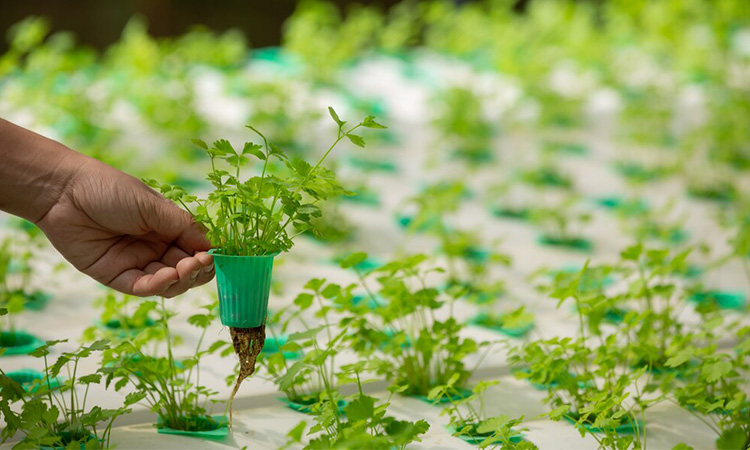As we face the urgent call for environmental responsibility, the agricultural sector is cultivating sustainable solutions to address the pressing issue of plastic waste. Plastic, once a staple in farming practices, is now being reevaluated as farmers explore eco-friendly alternatives and implement innovative measures. Let’s delve into the field of sustainable solutions that promise to minimize plastic waste and pave the way for a greener future in agriculture.
Biodegradable Mulch Films:
Traditional plastic mulch films have long been used to control weeds and conserve soil moisture, but their environmental impact has raised concerns. Enter biodegradable mulch films made from materials like polylactic acid (PLA) or starch-based polymers. These films break down naturally over time, eliminating the need for laborious post-harvest removal and reducing the ecological footprint of plastic waste in fields.
Reusable Containers and Packaging:
The shift towards reusable containers and packaging is gaining momentum in agriculture. Farmers are increasingly opting for durable, reusable containers made from recycled materials to replace single-use plastics. From seed trays to harvest crates, these containers not only reduce plastic waste but also prove to be cost-effective in the long run.
Bioplastics from Renewable Resources:
Embracing bioplastics derived from renewable resources such as corn, sugarcane, or potatoes offers a sustainable alternative to petroleum-based plastics. These plant-based plastics are not only biodegradable but also contribute to a significant reduction in the carbon footprint associated with traditional plastics, aligning farming practices with environmental consciousness.
Zero-Waste Packaging for Fertilizers:
Fertilizer packaging has been a significant contributor to plastic waste in agriculture. Adopting zero-waste packaging solutions, including compostable bags or refillable containers, helps minimize the environmental impact of packaging materials. Farmers can nourish their crops without leaving a lasting imprint on the planet.
Waste-to-Energy Initiatives:
Innovative waste-to-energy initiatives are emerging as a solution to manage plastic waste generated on farms. Recycling facilities that convert agricultural plastic waste into energy or other useful products offer a sustainable disposal option, reducing the amount of plastic that ends up in landfills.
The journey toward sustainability in farming involves a concerted effort to reduce plastic waste and embrace eco-friendly alternatives. From biodegradable mulch films to reusable containers and innovative waste-to-energy initiatives, farmers are plowing towards a future where the fields are greener, and the ecological impact of agriculture is minimized. By implementing these sustainable solutions, the agricultural sector is sowing the seeds of positive change, fostering a more responsible and environmentally friendly approach to farming.
Next On Your Reading List:


